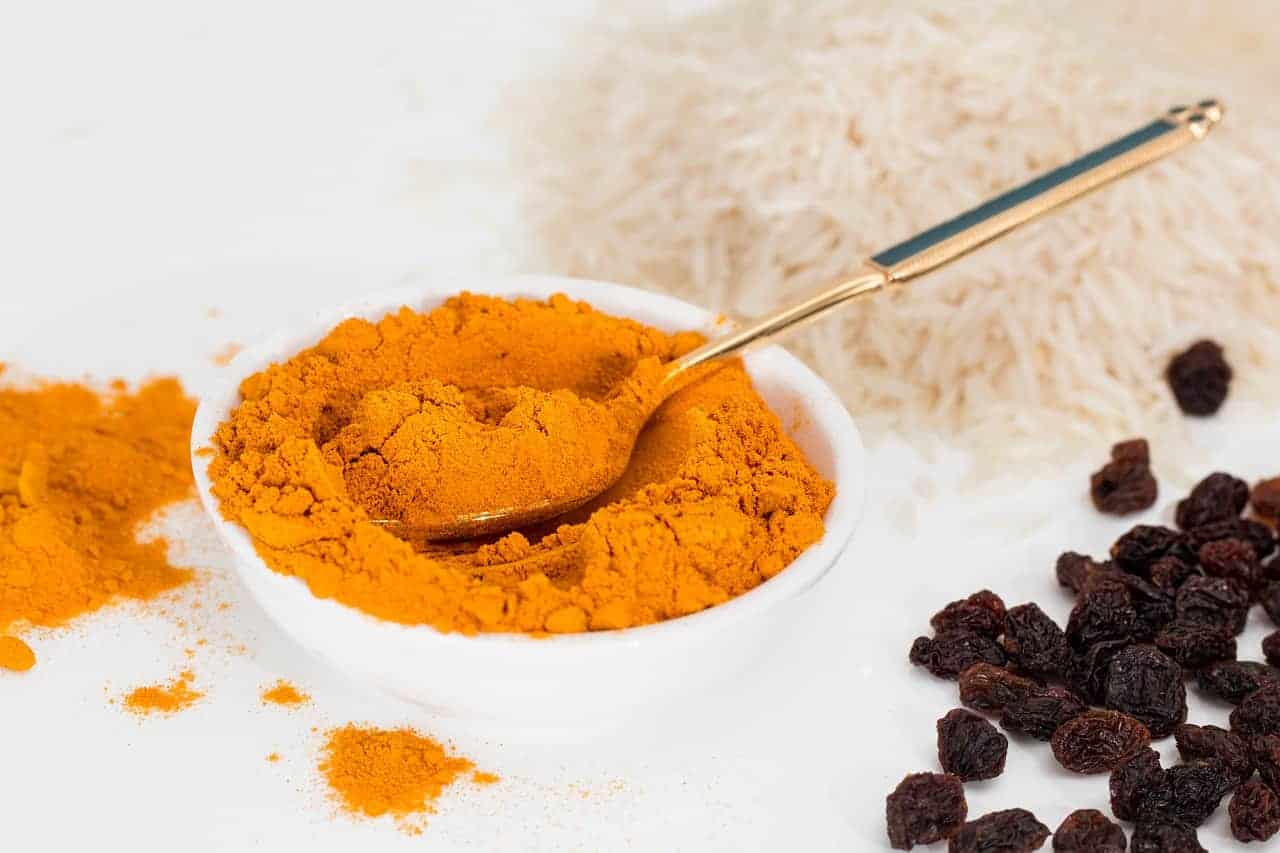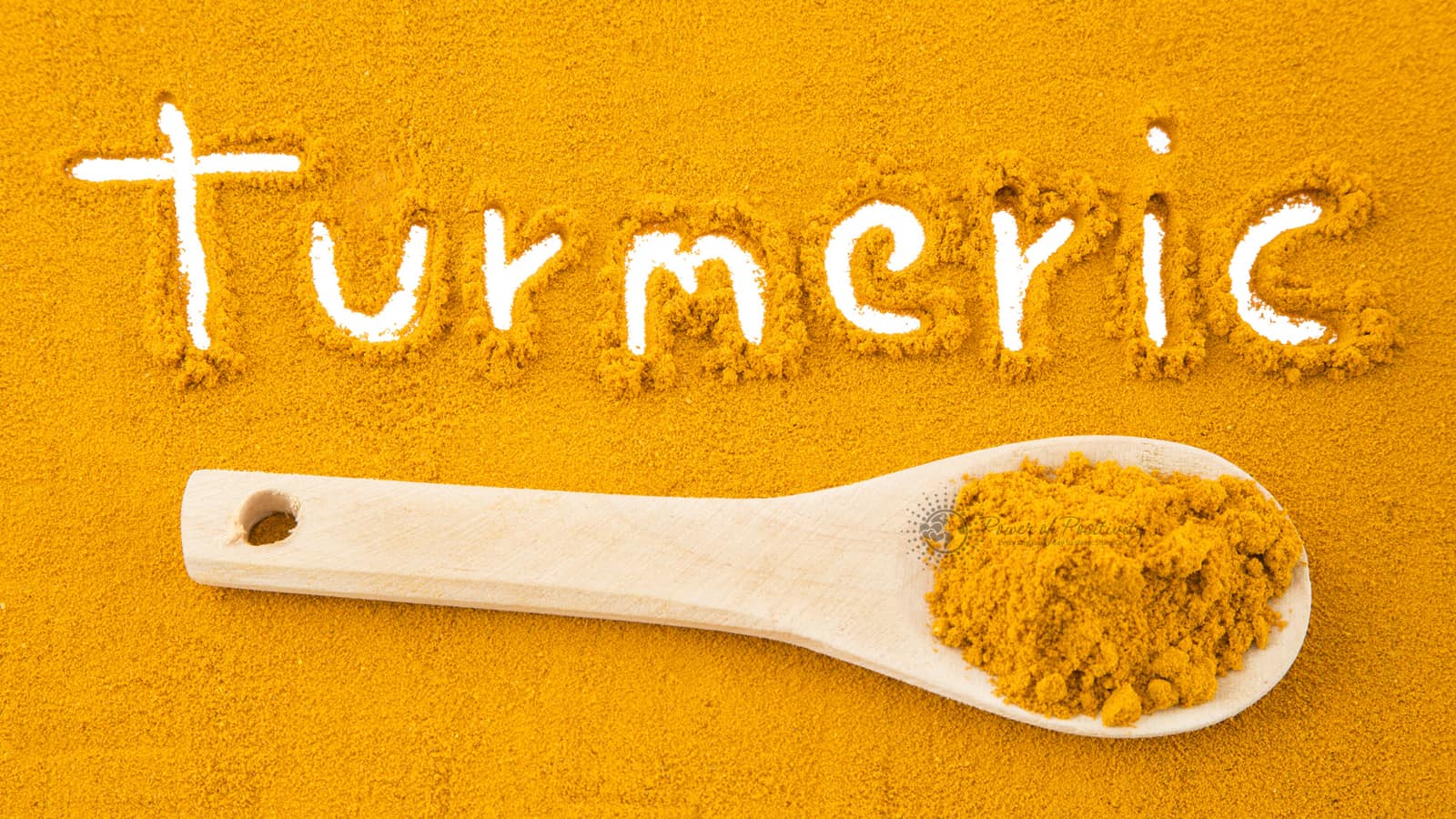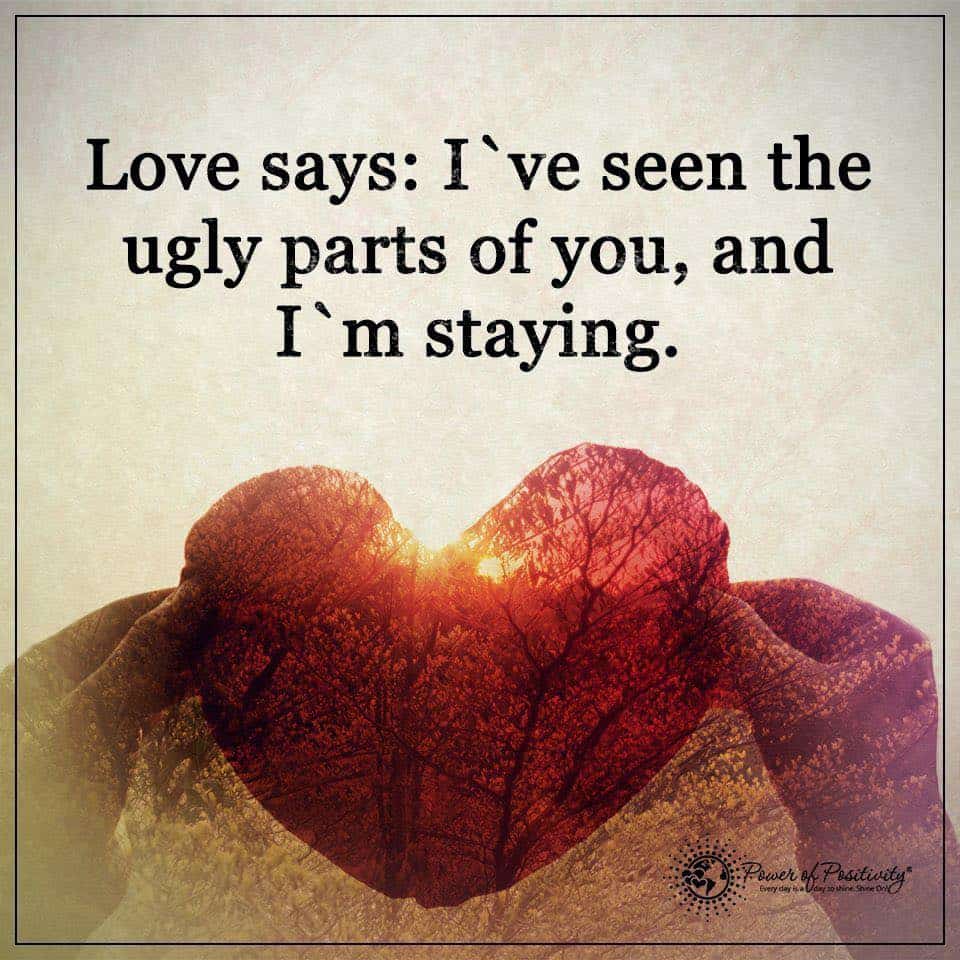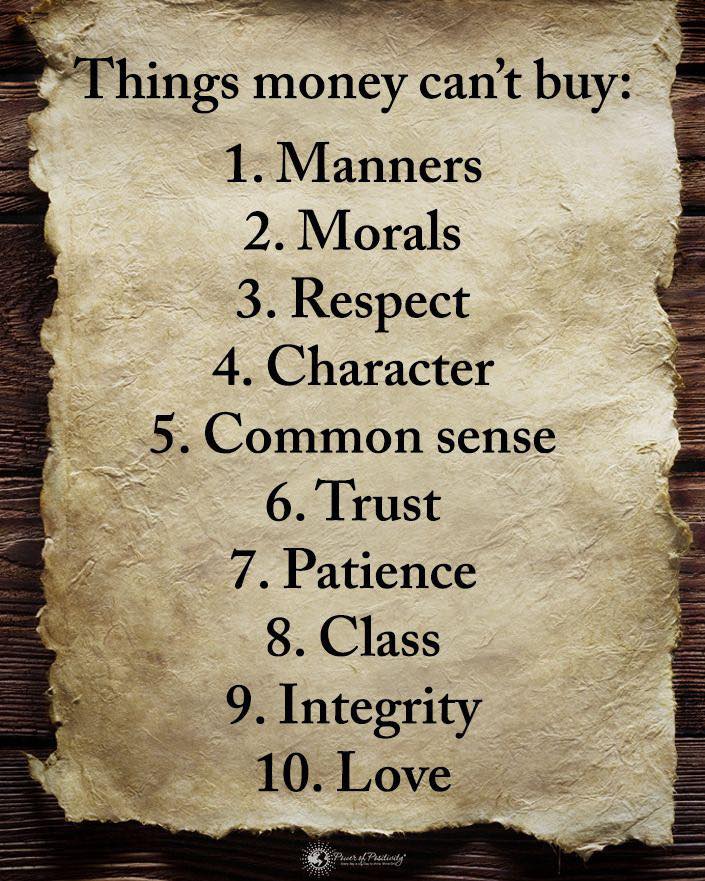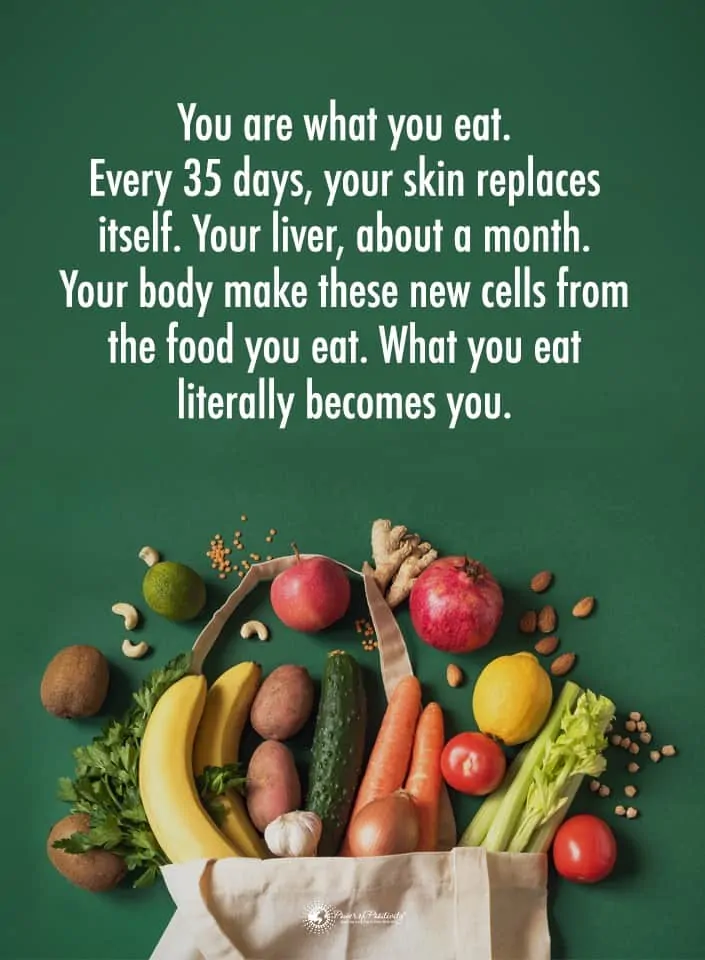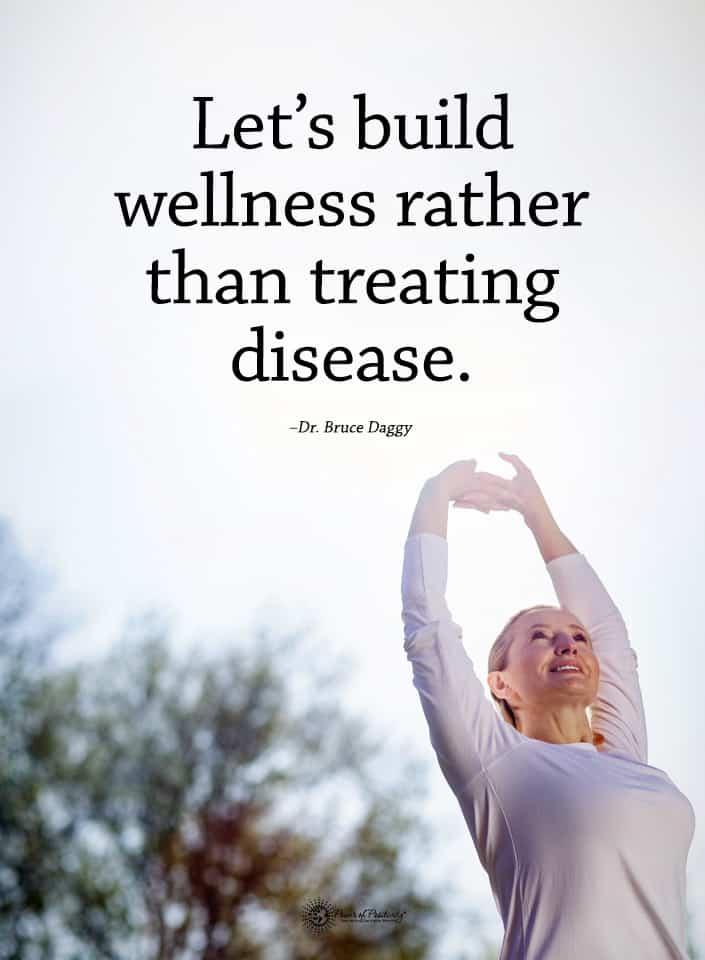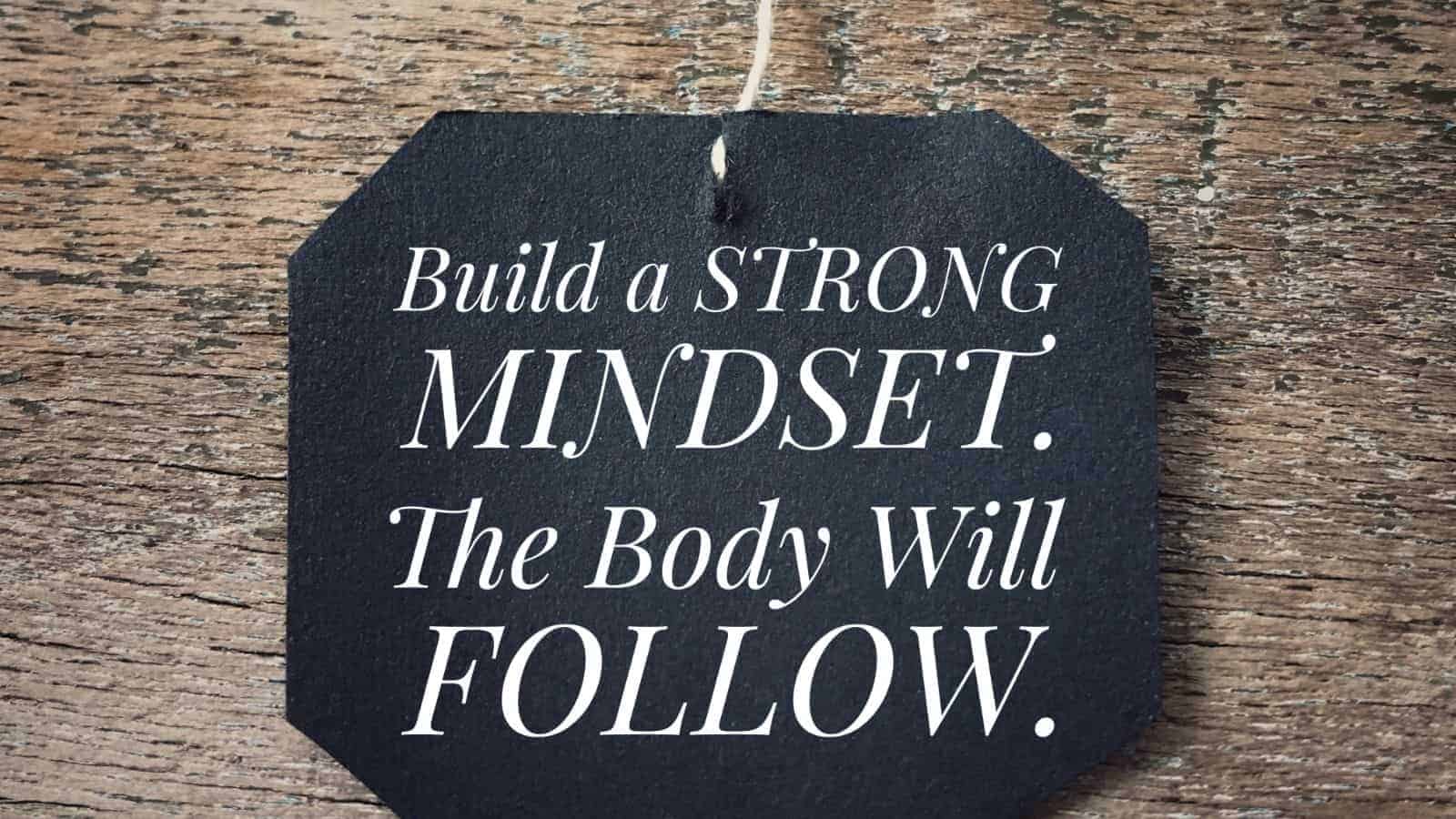At some point in life, knowing which way to turn can seem like an impossible decision. We have so many choices in the world today, so picking the right path for ourselves isn’t always easy. Plus, we’ve got more distractions than ever, pulling us away from what truly matters. When you finally find the right road for your soul, it feels like a magic carpet just came along to sweep you off your feet and lift you higher than you’ve ever been before. However, when you venture down the wrong path, it feels pretty much the opposite – miserable, lonely, defeating, and dismal.
Obviously, no one wants to go down the wrong track, but at least if you know what red flags to look out for, you can pull yourself back onto the right road for you a lot faster
Here are 5 warning signs you’re on the wrong track:

1. You don’t feel happy.
One of the biggest indicators that you have ventured down the wrong track is that you feel discontent. You feel disconnected from your purpose, and deep down in your soul, you feel that something is missing. Although happiness is subjective, of course, the decisions you make should ultimately lead to greater joy for yourself. After all, we all want more happiness, right? That’s why we spend money on healthier foods and gym memberships, to nourish our bodies and keep ourselves physically fit. That’s why we gravitate towards people that seem cheerful and pleasant, because we want to surround ourselves with those who have similar goals and outlooks on life.
Whether you’re aware of it or not, all the decisions you make are to ensure that you feel happy, whether in the short or long-term. So, if you make a mistake and something doesn’t feel right to you anymore, just backtrack and make another choice. After all, what do you have to lose?
2. You don’t feel challenged.
Even though we might say we want an easy life, it’s in our natural to want to be challenged. Obstacles keep us growing and learning, and if we lived a natural life out in the wilderness, we would face challenges daily. Though we live in the modern world now, it’s still engrained in our DNA to seek out and overcome adversity. We’re hard-wired to solve problems and try our hardest to survive. So, in this crazy matrix that we live in, we still have that internal need for challenges, whether that means tackling a new sales goal at work, or achieving a new personal record at the gym.
Challenges make us stronger, more well-rounded people, so if you don’t feel tested on your current life path, you might be on the wrong track.
3. You haven’t made much headway on your goals.
If you constantly procrastinate on your goals, you need to ask yourself if you really desire reaching them in the first place. Oftentimes, we write down our goals and have plans of action, only to change our minds about what we want in the meantime. Of course, this just means that you may not have a clear idea of what you want in life, which is fine, but continuously putting off projects is usually a red flag that you’re on the wrong track. Reassess your goals if this is the case, and try to look deep within to understand what you truly want in this lifetime.
4. You keep meeting the “wrong” people.
Another sign that you’re on the wrong track is that you keep making the wrong kinds of friends. Either they don’t have any ambition, they have harmful habits, they bring you down constantly, or something of the sort. They just don’t contribute positively to your life, and you can’t understand why you keep attracting them to you. If you find that the company you keep doesn’t add much value to your life, you could be on the wrong track, also.
5. You have lost sight of yourself.
It never feels good to lose the connection you have with yourself, but it happens. Maybe you don’t know what you want in life anymore, maybe you feel overwhelmed or scared, or maybe you just need to switch things up. No matter the reason, we all lose ourselves at some point. If you don’t have any idea who you are anymore, you’re probably on the wrong track. Never fear, though, because we have to lose sight of ourselves in order to find out who we really are in the first place.

